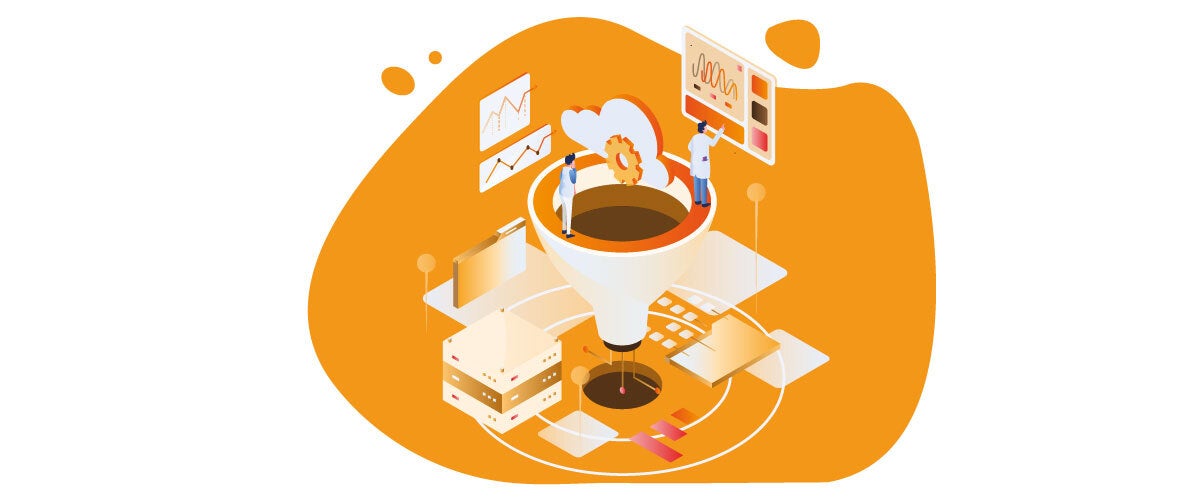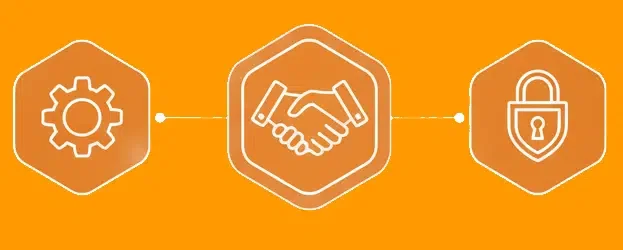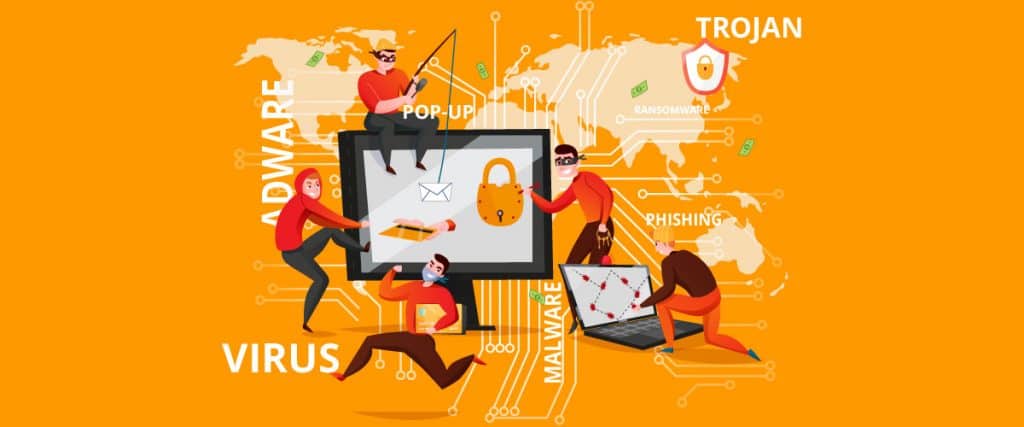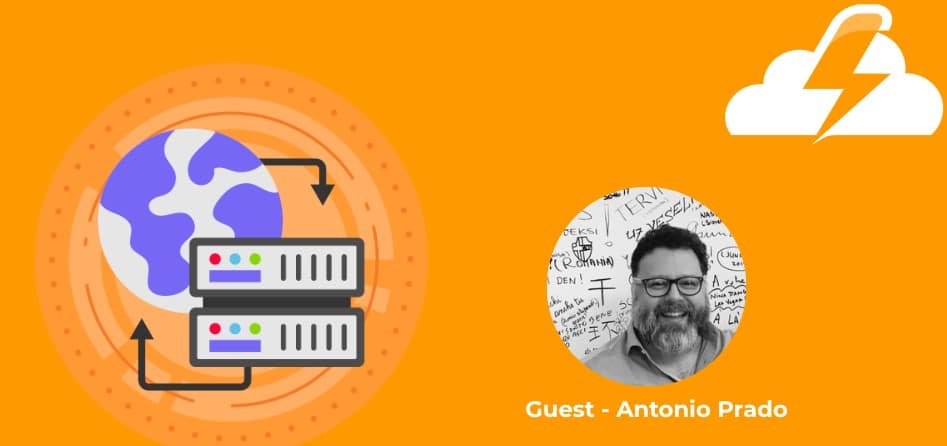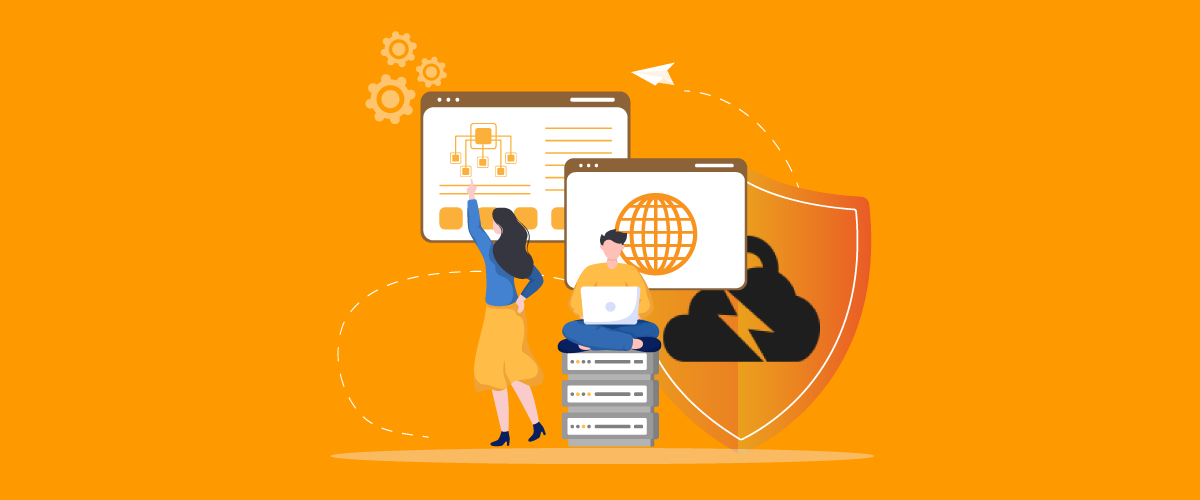
Filtering internet traffic: the essential choice for safe browsing
Filtering internet traffic is an essential and effective choice to ensure safe browsing for our network users. In this article, we will begin with the story of hacker Kevin Mitnick in order to analyze the importance of appropriate tools for network protection, such as FlashStart’s internet filter.
1. Kevin Mitnick: a hacker who made history
On July 16, 2023, Kevin David Mitnick, a.k.a. Condor, one of the earliest computer hackers, and certainly among the most famous in the world, passed away. A Californian, Mitnick was born in 1963 and grew up around Los Angeles, where he spent much of his time on his own, wandering from place to place on the bus. In fact, it was on the bus that Mitnick began to observe people and cultivate the art of deception, which would become an integral part of his entire life.
Mitnick’s first feat as a “hacker” is not extremely technological (at age 12, he appropriates a slew of bus tickets and a ticket machine by having the bus driver explain how the system works to him), but it has to do with that “social engineering” which will distinguish his entire career. In fact, Mitnick is not very technically proficient, but he learns to trick people and exploit their desire to communicate to the point of having information of a private or confidential nature revealed to him.
He is still a teenager when, in the 1980s, the first personal computers begin to spread, the potential of which Mitnick understands as a means of gaining access to corporate IT systems. His first victim is a computer company whose software he is able to clone in 1979 after sneaking into the IT system. For a decade, he continues to access the systems of various companies until, in 1988, he is sentenced to a year in prison and, later, house arrest.
It is while under house arrest that he resumes his hacking activities, this time breaching the systems of well-known companies of the caliber of Motorola, Nokia, Apple, etc., to the point of attracting the attention of the FBI, which adds him to its list of “most wanted cybercriminals.” Thus, his life as a fugitive begins: Mitnick moves to Denver, assumes a new identity, and begins working as a cybersecurity expert for a law firm.
He did not, however, give up his favorite activity: hacking, which he pursues steadily until 1994, when, on Christmas Day, he makes the mistake of infiltrating the PC of a security expert who sets to work to track him down. It is February 16, 1995, when, at 2 a.m., the FBI arrests Mitnick.
1.1 An unusual hacker
In an article which appears after the hacker’s death, the New York Times reports that Mitnick had illegally obtained access to “the numbers of some 20,000 credit cards, including some belonging to Silicon Valley tycoons.” However, there is no evidence that he ever used this information for financial gain.
So what were Mitnick’s reasons for continuing to act despite the danger? Interviewed, Mitnick said that his was “a case of curiosity” and that, “Anyone who likes to play chess knows that it is enough to defeat the opponent. It is not necessary to raid his kingdom to make [the game] worthwhile.”(BBC) His urge was thus to prove that he was better than the experts in charge of cybersecurity.
Released from prison again, Mitnick changed his life by becoming a “white hat” hacker, the kind who goes over to the good side: he worked as a computer consultant and founded Mitnick Security.
>> FlashStart protects you from a wide array of threats and blocks access to malicious sites. Request a quotation or try it now
2. The everyday reality: phishing and ransomware in the everyday life of the internet
2.1 Mitnick: a rare bird
The story of Mitnick is interesting for two reasons:
» on the one hand, it makes us realize how easy it is to convince ourselves to spontaneously provide information of a personal and confidential nature to perfect strangers, whether this happens verbally in a communicative exchange or, as is increasingly the case, through phishing attempts or targeted attacks that invite us to click on malicious links;
» on the other hand, it invites us to reflect on the fact that an unusual hacker like Mitnick, who acts out of curiosity to see how far he can go with his skills, is an increasingly rare bird in the realm of ransomware and cybercrime as a lucrative business, aimed at making a profit.
2.2 Cybercrime in everyday life
Unfortunately, in fact, cybercrime has entered our daily lives, and, with the increase in network use recorded in recent years, there has been a veritable explosion of hacker attacks. The CLUSIT report, updated with data as of June 2022, shows a major increase in security incidents considered “significant” globally. In fact, 1,141 significant attacks were recorded in the first half of 2022, 8.4 percent more than in the first half of 2021.
The report points out that the increase has mainly involved attack types related to the ongoing war and the highly unstable international situation, particularly espionage, sabotage, and “information warfare” attacks, which we could translate as “cyber warfare.”
However, these are not the only types of attacks that are on the rise. In fact, the phishing and social engineering techniques discussed above are registering a three percent increase over 2021 and account for thirteen percent of the total attacks considered. In addition, the report points out that attacks are less targeted than last year and that “multiple” factors are on the rise: multiple targets, multiple techniques, multiple locations.
Faced with this situation, it becomes essential to protect one’s networks and filter internet traffic in order to ensure the security and continuity of one’s business or organization.
>> With FlashStart you can filter internet traffic in a fast and flexible way directly from the cloud → Request a quotation or try it now
3. Flashstart: filtering internet traffic has never been so easy
FlashStart is an application that allows filtering all internet traffic passing through a given device, adapting itself to the needs of small, medium, and large companies, government and educational sector networks, and home networks, in order to offer individualized protection to all types of users.
3.1 With Flashstart you can filter internet traffic directly from the cloud
The FlashStart internet filter is totally cloud-based. Thanks to artificial intelligence algorithms, FlashStart constantly scans the internet for new threats and then, exploiting machine learning mechanisms that tend to mimic the thinking mechanisms of the human mind, categorizes its DNS based upon content and updates its cloud instantly.
When a user types in the name of the site he or she wants to reach, FlashStart verifies, in real time and with a latency that tends to zero, if it is included in the cloud lists, allowing or blocking access to the desired page. All of this is done without delay for the user, who notices the process in progress only when it fails, displaying an alert message.
In this way, users always enjoy up-to-date protection without the need to download heavy updates or proceed to lengthy system reboots.
>> FlashStart’s artificial intelligence guarantees continuously updated protection for your browsing → Request a quotation or try it now
3.2 Flashstart is the flexible protection that satisfies all types of needs
Internet security is not the only one that is at the center of FlashStart’s planning process: customer needs also play a pivotal role, and, over the years, FlashStart has developed as a flexible, easy-to-manage tool that can be fine-tuned to the users’ wishes.
3.2.1 Flashstart protects browsing on site and remotely
In order to ensure the protection of all users, wherever they are, FlashStart allows the installation of internet filtering at two different levels:
» You can install FlashStart at the router level, in order to protect all users connected to your business or home network;
» Or you can install it at the level of the individual device used for internet access via the ClientShield application. This option has become particularly useful in recent years and continues to be so since, as we have discussed in this article, remote working is here to stay.
3.2.2 Flashstart filters all types of contents
FlashStart does not only filter out malicious contents, such as malware, ransomware, and phishing attempts. Besides these, which the system blocks no matter what and on a constant basis, FlashStart gives the network administrator the option to choose whether to filter other types of contents, such as those considered unsuitable for the work or school environment (pornography, violence, gambling) and/or those that create distractions (social networks, platforms for streaming audio and video contents, online shopping sites, etc.).
Furthermore, the administrator can also choose to apply additional filters only during specific time intervals, such as during working hours, leaving free access to these contents during breaks and outside working hours.
You can activate the FlashStart® Cloud protection on any sort of Router and Firewall to secure desktop and mobile devices and IoT devices on local networks.

